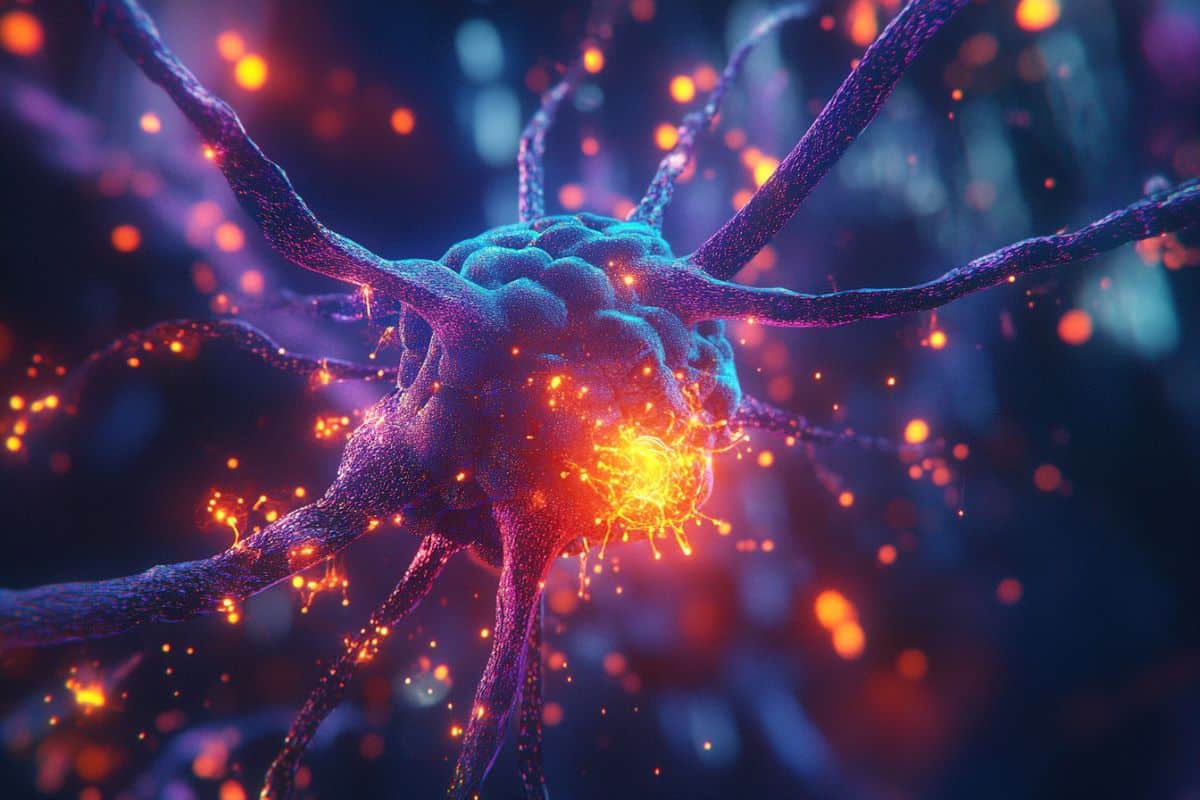Ketone Bodies: Their Role in Brain Health and Autophagy
Understanding Ketone Bodies and Autophagy

Ketone bodies are fascinating molecules produced during states of low food intake, carbohydrate-restrictive diets, or prolonged intense exercise. These compounds, primarily made in the liver, serve as crucial energy sources when glucose is sparse. Their interaction with neural pathways has ignited interest, particularly due to their role in autophagy—a natural mechanism where cells remove unnecessary or dysfunctional components.
The Impact on Brain Health
Neuroscientists have been diving deep into how ketone bodies foster cognitive health. Their ability to facilitate the removal of damaged proteins in the brain points to therapeutic potential for neurodegenerative diseases like Alzheimer's and Parkinson's. By promoting autophagic processes, ketone bodies could clear amyloid plaques and tau proteins, known culprits in these conditions.
“Research into ketone bodies and their neuroprotective properties marks a promising frontier in combating debilitating brain disorders.” — Dr. Sarah Grover, Renowned Neuroscientist
Aiding Mental Performance
The natural and enhanced clearance of harmful proteins can lead to improved mental acuity and focus. Those incorporating ketogenic diets have reported heightened awareness and sustained energy levels throughout the day. It's speculated that a diet enhancing ketone production could stave off mental fatigue and support extensive cognitive function.
Implementing a Ketogenic Diet
Adopting a ketogenic lifestyle involves adhering to a diet low in carbohydrates but high in fats, prompting the body to produce ketones. Foods rich in healthy fats, such as avocados, cheese, and nuts, become mainstays. For those interested in supplementation, exogenous ketone supplements are an accessible way to boost body ketone levels.
- Limit carbohydrate intake to 5-10% of daily calories.
- Consume 60-70% of calories from healthy fats.
- Moderate protein intake to support muscle and cell function.
Research is continually uncovering the multi-faceted role of ketone bodies beyond mere energy substrates. Their role in autophagy opens doors to potential treatments and preventive strategies for a range of brain-related ailments. Academics and health enthusiasts alike are encouraged to explore resources like informative YouTube videos or scientific research papers discussing advanced findings in this arena.
Continuous Exploration in Neuroscience
The trajectory of current research spearheaded by universities and private institutions signals a transformative era in understanding the brain. As our comprehension of ketone bodies expands, so will the avenues for novel, non-invasive treatments targeting prevalent neurodegenerative disorders.
